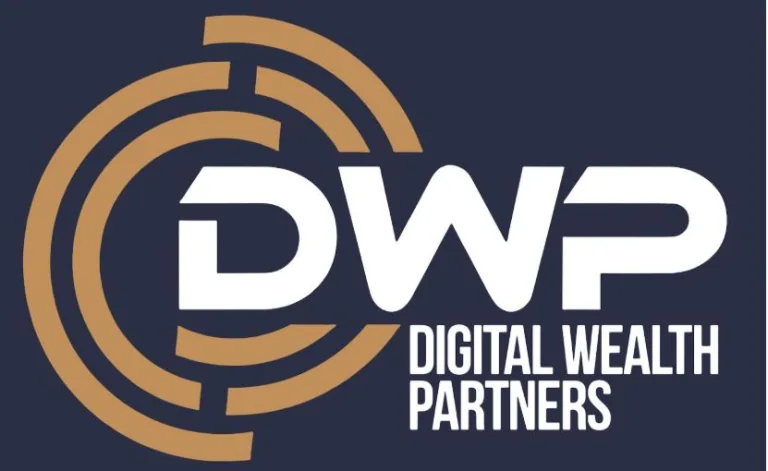Refinancing 101: Is It the Right Time for You?
Refinancing your mortgage can be a strategic way to manage your finances, lower monthly payments, or tap into your home’s equity. But is it the right time for you? Whether you’re looking to save money, pay off your home faster, or secure better loan terms, understanding when to refinance and how it works is crucial. In this guide, we’ll explore the refinancing process, its benefits, and the factors you should consider before deciding to take the plunge. If you’re wondering whether refinancing is the right choice for you, it’s essential to evaluate both your financial goals and current market conditions.
What Is Mortgage Refinancing?
Mortgage refinancing is the process of replacing your existing home loan with a new one, typically with better terms. This could mean a lower interest rate, a shorter loan term, or the ability to switch from an adjustable-rate mortgage (ARM) to a fixed-rate mortgage. The goal is to reduce your monthly payment, shorten your repayment period, or tap into your home’s equity. However, the decision to refinance isn’t always straightforward—it requires a thorough understanding of your financial situation and the potential benefits involved.
Why Should You Consider Refinancing?
- Lower Interest Rates:
One of the most common reasons homeowners refinance is to take advantage of lower interest rates. If mortgage rates have decreased since you first took out your loan, refinancing can help you secure a better rate, which could result in significant savings over the life of your loan. Even a small reduction in your interest rate can add up to thousands of dollars saved in interest payments. - Reduce Monthly Payments:
If you’re struggling with high monthly mortgage payments, refinancing may allow you to reduce your payment. By extending the length of your loan or securing a lower interest rate, you can reduce how much you pay each month. This can free up money for other financial goals or relieve financial stress. - Tap Into Home Equity:
Another reason to refinance is to access your home’s equity. A cash-out refinance allows you to borrow against your home’s value, converting some of your equity into cash. This can be used for various purposes such as home renovations, paying off high-interest debt, or covering major expenses like education or medical bills. - Change Loan Terms:
Refinancing offers the opportunity to change your loan terms. You might opt for a shorter loan term to pay off your mortgage faster and save on interest payments. Alternatively, you could switch from an adjustable-rate mortgage (ARM) to a fixed-rate mortgage for more stability if you’re concerned about future interest rate fluctuations.
When Is the Right Time to Refinance?
- Interest Rates Have Dropped:
If interest rates have significantly dropped since you took out your mortgage, it may be the right time to refinance. Many homeowners wait for the “perfect” rate, but understanding when rates are low enough to benefit you is crucial. Keep in mind that refinancing comes with closing costs, so it’s important to ensure the savings outweigh the expenses. - Your Credit Score Has Improved:
A higher credit score can help you secure a lower interest rate on your mortgage. If your credit score has improved since you initially took out your loan, refinancing could be an ideal time to lock in better terms. A better credit score signals to lenders that you’re less risky, which can lead to more favorable loan conditions. - You Want to Pay Off Your Mortgage Sooner:
If you’re financially stable and want to pay off your mortgage faster, refinancing into a shorter-term loan (such as 15 years) can help you achieve that goal. While your monthly payments might be higher, you’ll save money on interest over the life of the loan and pay off your home faster. - You Want to Reduce Your Monthly Payments:
If you’re finding it difficult to keep up with your mortgage payments, refinancing can provide some relief. Extending your loan term or securing a lower interest rate can reduce your monthly payments, making your finances more manageable.
What to Consider Before Refinancing
- Closing Costs:
Refinancing isn’t free. There are closing costs associated with refinancing, including application fees, appraisal fees, and attorney fees. These costs can range from 2% to 5% of your loan amount, so it’s important to calculate whether the potential savings will justify the upfront costs. - How Long You Plan to Stay in Your Home:
Refinancing may not make sense if you plan to move soon. If you sell your home within a few years, the savings from refinancing might not outweigh the costs. However, if you plan to stay in your home for a longer period, refinancing can lead to significant long-term savings. - Your Current Loan Type:
Some loan types may not be ideal candidates for refinancing. For example, if you have a government-backed loan, such as an FHA loan, you may need to meet specific requirements to refinance. Be sure to consult a lender to determine whether your loan type qualifies. - Your Financial Situation:
Refinancing can help in some cases, but it’s not for everyone. If your financial situation has changed—such as a job loss or an increase in debt—refinancing may not be the best option. It’s crucial to assess your current financial stability and determine whether refinancing will help you meet your long-term goals.
Minnesota Mortgage Refinance: How to Choose the Right Lender
When you’re considering refinancing in Minnesota, it’s essential to work with a reputable Mortgage Company in Minnesota that can guide you through the process. A good lender will help you understand your options and choose the best loan for your needs. Be sure to shop around and compare rates, terms, and fees from multiple lenders to ensure you get the best deal.
Steps to Refinance Your Mortgage
- Check Your Credit Score:
Before applying for refinancing, check your credit score. Lenders will use this score to determine your eligibility and the interest rate they offer. - Evaluate Your Home’s Value:
You’ll need an accurate estimate of your home’s value to determine how much equity you have. Consider getting a professional appraisal. - Gather Your Financial Documents:
Prepare necessary documents such as income verification, tax returns, and current mortgage statements to streamline the refinancing process. - Apply for Refinancing:
Once you’ve chosen a lender, submit your application. The lender will evaluate your application, and if approved, they’ll offer you a new loan with updated terms. - Close on the Loan:
After approval, you’ll need to sign the necessary paperwork to close the loan. This step involves paying closing costs and finalizing the refinancing process.
Conclusion
Refinancing can be an excellent financial strategy if done at the right time. Whether you’re looking to lower your interest rate, reduce your monthly payments, or tap into your home equity, refinancing offers several benefits. However, it’s essential to consider your financial goals, current loan terms, and market conditions before deciding. By carefully evaluating your options and working with a trusted Minnesota Mortgage Refinance provider, you can make an informed decision that aligns with your financial future.



